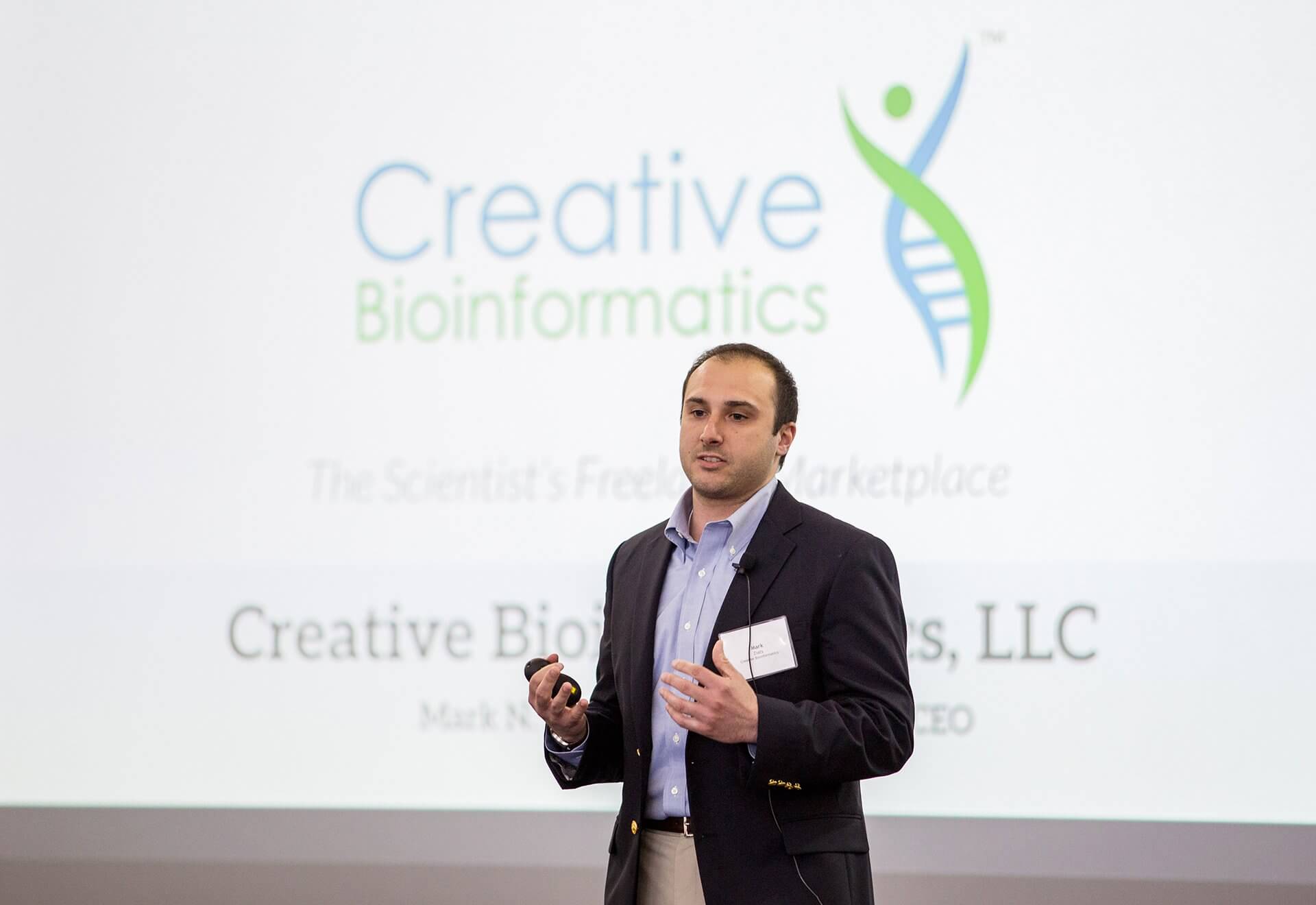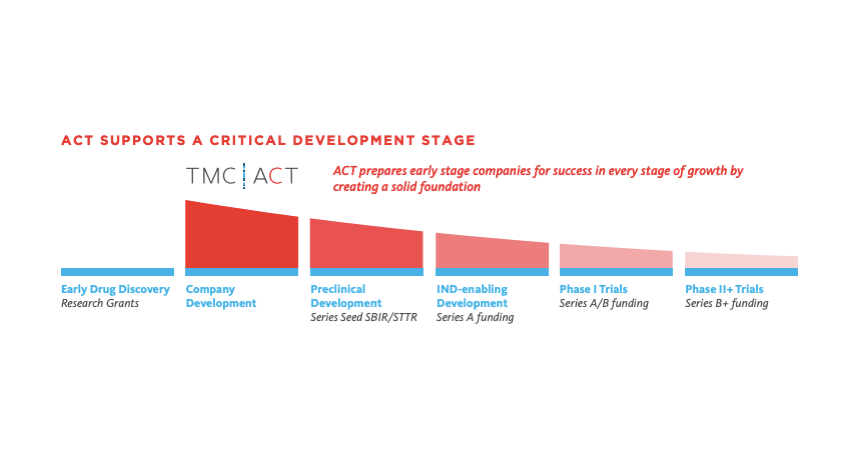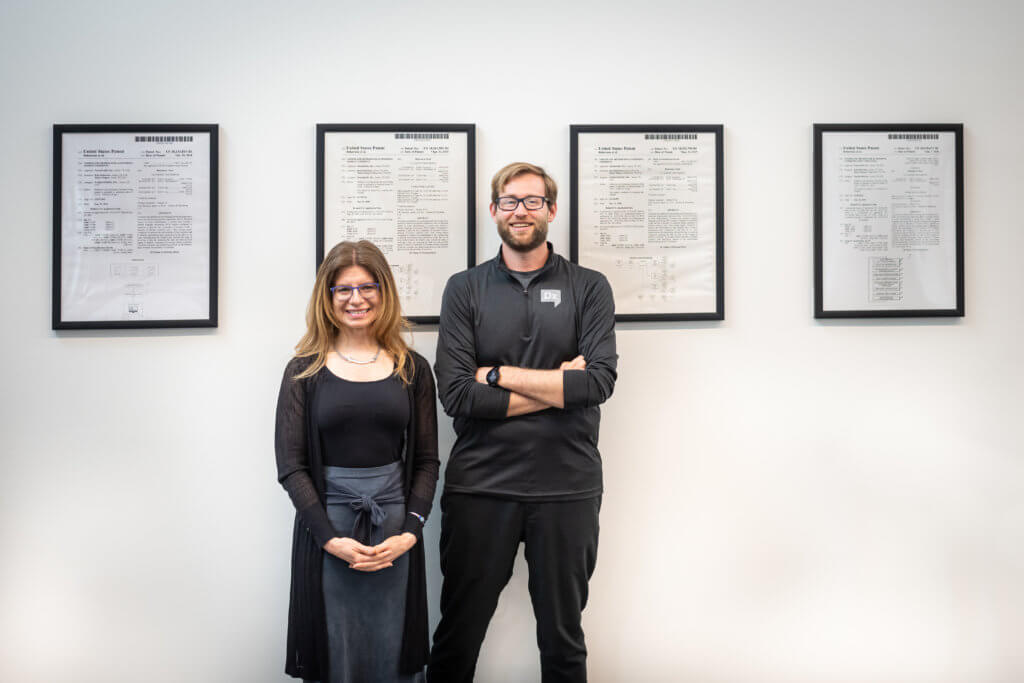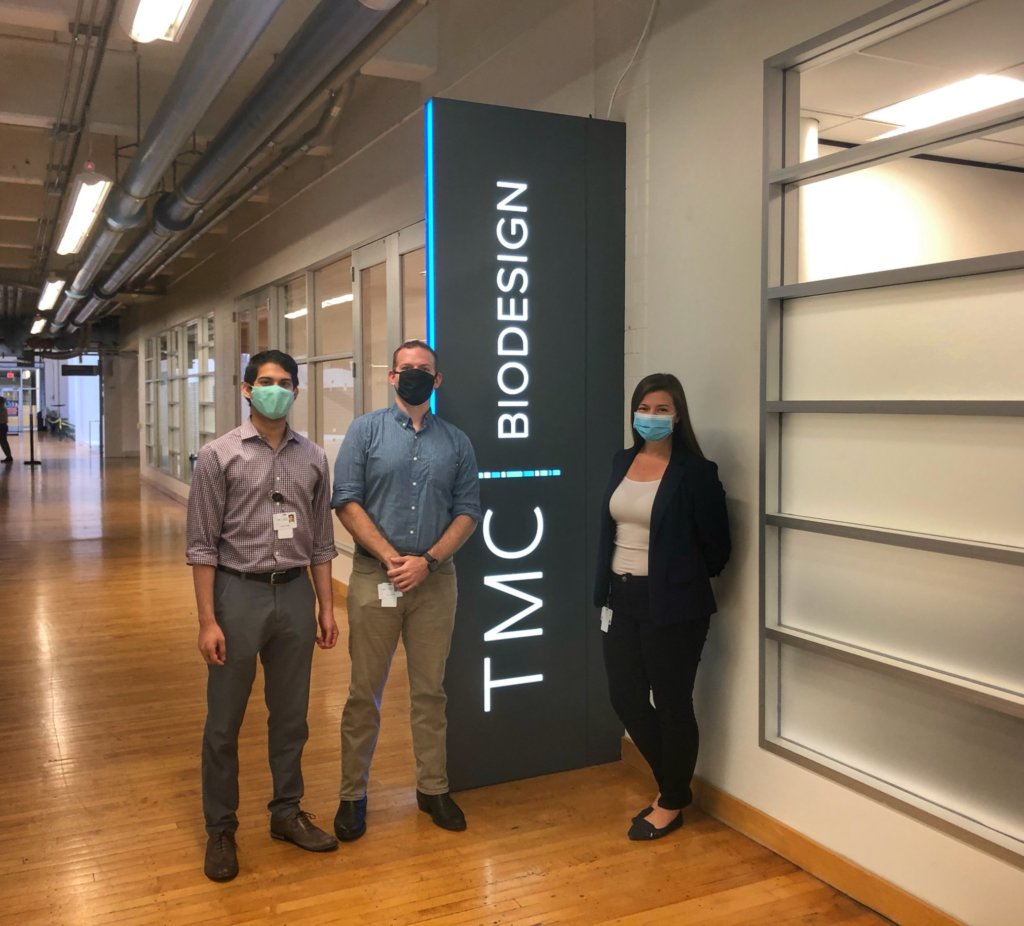TMCx Company Profile: Creative Bioinformatics
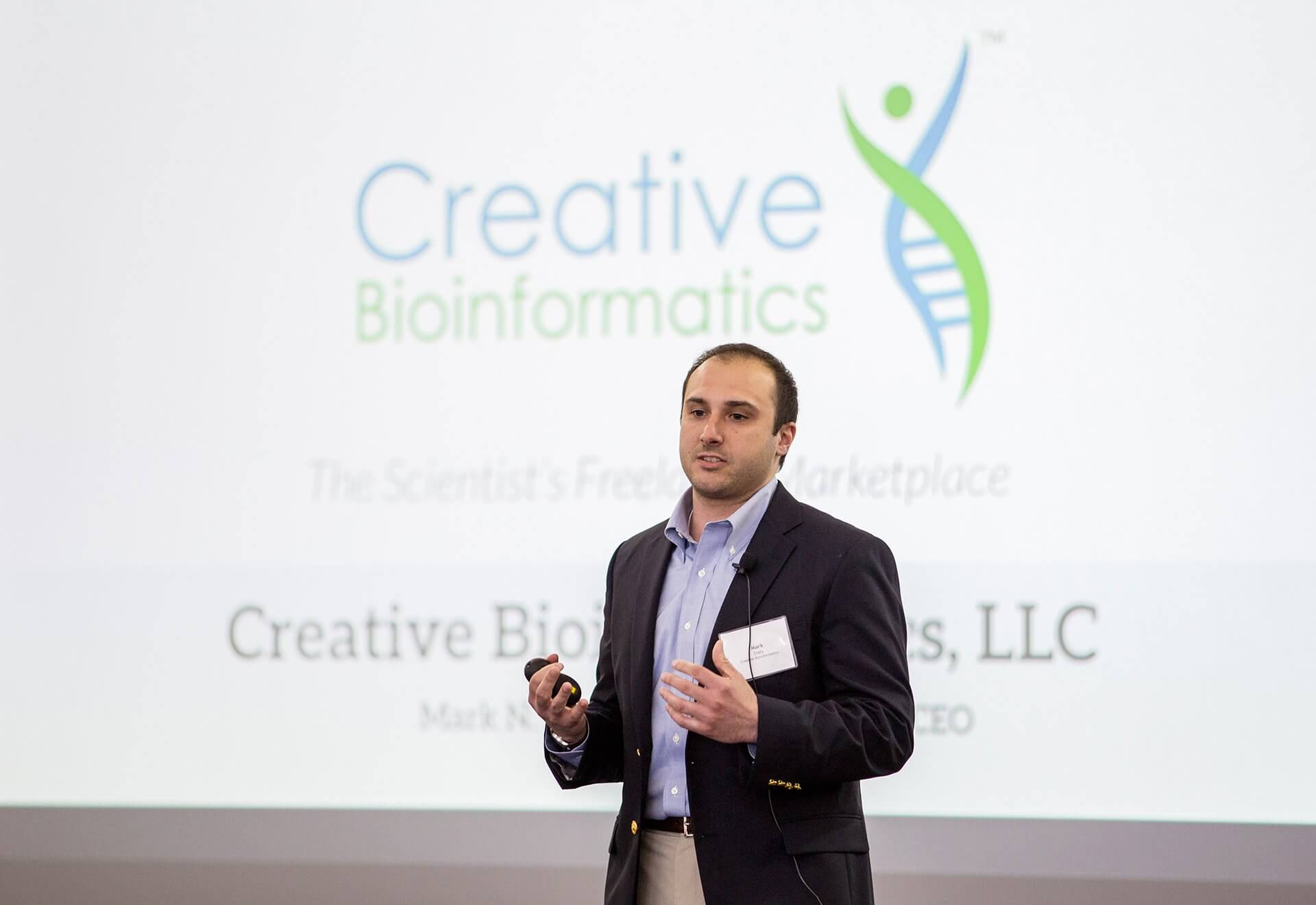
Mapping nucleic acid sequences; analyzing gene and protein co-expression; identifying variants within a specific DNA sequence; simulating molecular dynamics. As the genomics revolution is crystalizing our understanding of modern medicine— potentially leading to breakthroughs that will change the future landscape of disease diagnosis and treatment—enabling data scientists to unlock new discoveries has never been more essential. Unfortunately, the process for delivering personalized results is becoming increasingly inefficient and labor intensive. For one bioinformatics contact research company, connecting institutions with data scientists-for-hire is the best pathway to personalized results.
“We have created an online marketplace that allows academic laboratories and biotechnology companies to find individual data scientists to hire for one time projects,” explained Mark Ziats, Ph.D., president of Creative Bioinformatics. “Scientists haven’t traditionally considered using ‘freelancers’ for projects. Instead, labs and companies will usually hire scientists full time and train them to do what they need. However, this introduces a lot of delay in project timelines, increased cost, and is not as effective, scientifically, as just outsourcing to someone who is an ‘expert’ in a given technique.”
According to Ziats, biosciences research in the realm of ‘big data’ is inundated with inefficient processes. Labs will spend years training someone for projects that could be completed for a fraction of the time and cost by outsourcing to an expert. In a world where the sheer volume of data being generated outstrips the ability to analyze it, outsourcing analysis to the person best suited for the job is the most viable solution.
“The idea for this all came from my experience as a Ph.D. student,” said Ziats. “Having gone into a computational genomics Ph.D. after coming from M.D. training at Baylor College of Medicine, I had zero computational skills but a lot of good ideas for scientific studies because of my medical background.”
Along with his Ph.D. advisor, Ziats designed a number of projects with the intent of finding qualified bioinformatics experts who could assist with the computational analysis components. However, when they got to that stage, the two encountered a brick wall, unable to find candidates for freelance data analysis and with little idea of where to even begin looking.
“I had to sit down and teach myself programming skills in order to execute all of these projects,” he continued. “On the flip side, once I had taught myself computational biology skills, I wanted to be able to take on side jobs to generate extra income. I tried posting on freelancer websites, but there was no interest because scientists don’t traffic those listings. So we created the first specific online marketplace for scientific ‘big data’ analysis to solve both of those problems.”
“In the long-term, Creative Bioinformatics is going to be a comprehensive biosciences company,” noted Ziats. “Our first product, the MyBioinformatics online marketplace platform, is already profitable. We’re going to use the revenue from that to fund development of our other internal projects—for example we are currently developing software for various bioinformatics uses in both research and clinical medicine.”
While Ziats’ foray into entrepreneurship may have been a happy accident, his determination and drive—and commitment to solving problems as they emerge—speak volumes.
“Entrepreneurship is more than a full time job,” reflected Ziats. “I’m glad I got a head start while finishing medical school, but in order to take our company to the next level, we need the founders to be dedicated to this effort full time. That’s the current plan.”
“If you’re thinking about starting your own company, just start doing something; don’t wait,” he added. “I could have started this company two years earlier when I first had the idea, but waited because I didn’t have the confidence. The biggest hurdle is just doing something to get going.”

